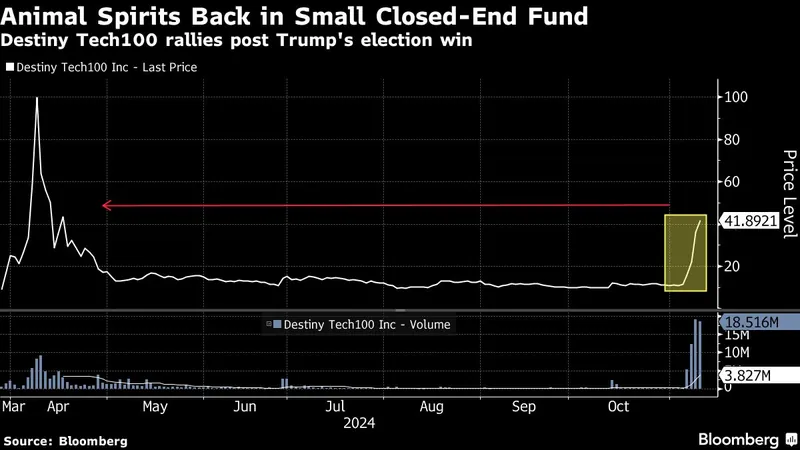
SpaceX Launches Secretive Optus-X Payload on Falcon 9 from Kennedy Space Center
2024-11-17
Author: William
In a thrilling evening launch on Sunday, November 17, SpaceX successfully lifted off a Falcon 9 rocket carrying a highly classified payload known as Optus-X from NASA's Kennedy Space Center. The launch, which took place at 5:28 p.m. EST (2228 UTC), lit up the sky against the backdrop of sunset, marking another significant milestone in SpaceX's prolific launch history.
Despite the tantalizing secrecy surrounding the mission, speculation indicates that the payload is a communications satellite for Optus Networks Party Limited, an Australian telecommunications company. This satellite appears to fulfill part of a complex agreement involving Northrop Grumman and SpaceLogistics, aimed at developing a Mission Robotic Vehicle for satellite servicing. However, SpaceX officials clarified during the mission broadcast that the payload's primary purpose is indeed communications, distancing the launch from other speculative projects.
This mission also tied SpaceX with NASA for the total number of launches from Launch Complex 39A, with both organizations having conducted 82 launches from this historic pad, a site noteworthy for its role in the Space Shuttle program and Apollo moon missions. In total, NASA has conducted 94 missions from LC-39A, while SpaceX approaches its 94th launch.
The Falcon 9 rocket’s first-stage booster, tail number B1077, achieved a remarkable milestone as it launched for the 16th time. This booster has a rich history, having previously supported high-profile missions, including NASA's Crew-5 mission and multiple Starlink launches. After successfully delivering its payload, B1077 made a safe landing on SpaceX's droneship, "A Shortfall of Gravitas," marking the 369th booster recovery in SpaceX's history.
The payload's deployment timing remains undisclosed, but it is destined for a geosynchronous transfer orbit, positioning it for critical communications capabilities. Notably, the mission has garnered attention from the U.S. Federal Communications Commission (FCC) and the U.S. Space Force, with the Optus-X satellite referenced in official documentation related to satellite communications.
As the telecommunications landscape continues to evolve, the deployment of such advanced technology is crucial for meeting the growing demand for communication services globally. With this successful launch, SpaceX solidifies its position as a leader in the aerospace industry, demonstrating both innovation and reliability in its launch capabilities.
Stay tuned for more updates as we continue to follow the developments regarding the Optus-X mission and its implications for communications technology worldwide!









 Brasil (PT)
Brasil (PT)
 Canada (EN)
Canada (EN)
 Chile (ES)
Chile (ES)
 España (ES)
España (ES)
 France (FR)
France (FR)
 Hong Kong (EN)
Hong Kong (EN)
 Italia (IT)
Italia (IT)
 日本 (JA)
日本 (JA)
 Magyarország (HU)
Magyarország (HU)
 Norge (NO)
Norge (NO)
 Polska (PL)
Polska (PL)
 Schweiz (DE)
Schweiz (DE)
 Singapore (EN)
Singapore (EN)
 Sverige (SV)
Sverige (SV)
 Suomi (FI)
Suomi (FI)
 Türkiye (TR)
Türkiye (TR)